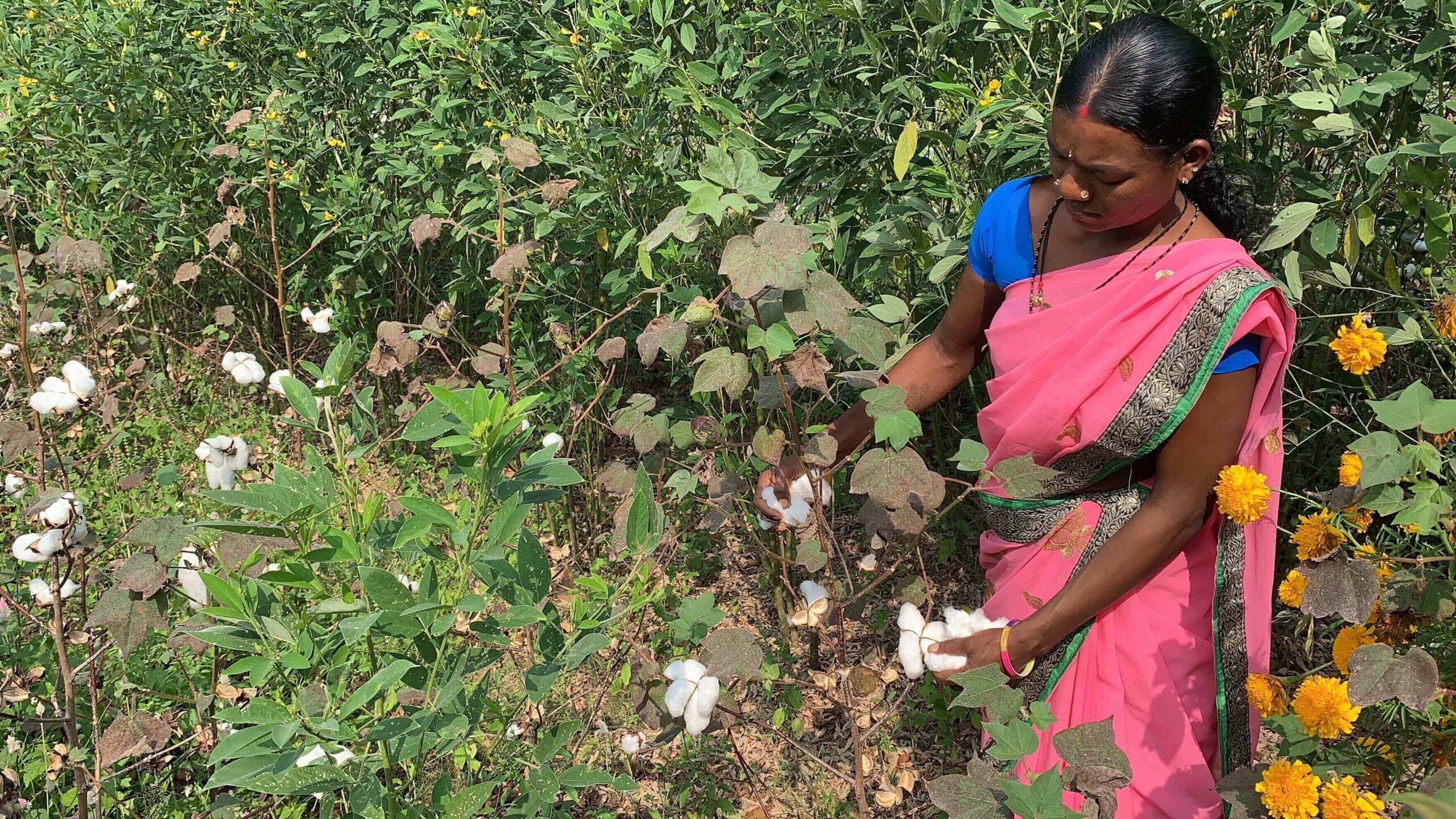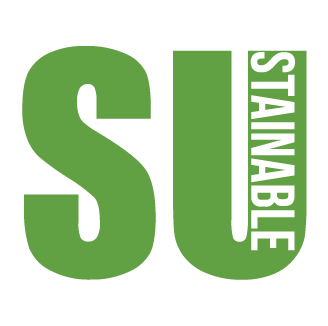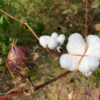
Breathe Easy. Be A Force For Good In The World!
Who would have thought it?!
Last November we visited our marginalised cotton farming communities in the tribal lands of Telangana, India. On the same trip we also met many of our ethical factory workers in Tamil Nadhu.


We spent a memorable day harvesting organic cotton on the 5-hectare farm of Mr and Mrs Athram Turpa Bai in Aliguda village, Telangana tribal lands
Some of the very same organic cotton that we briefly joined our cotton farmers in picking and harvesting has been knitted by our highly skilled factory workers into our new 100% Fairtrade & organic cotton satin fabric face masks.
The luxury face masks are being launched this week under a unique new cotton farmer and artisanal worker-orientated brand: “Mosegi” – by SUstainable… …and we are very excited about them…


Our new ‘Mosegi’ Fairtrade & Organic Fabric Face Masks come in an organic cotton carry pouch, accompanied by special Thank You and Card Cards.
A New Dawn for Fairtrade?
Our rewarding experiences in the Telangana tribal lands and at our ECO factory last November/December serve as a constant reminder that farming communities and factory workers producing under Fairtrade terms enjoy positive, life-changing benefits. These visits always serve to remind us that “Fairtrade Business is Good Business”
But, as the UK’s Fairtrade foundation repeatedly says, many consumers remain unaware of the full scale of the impact that choosing Fairtrade can create for those vulnerable groups within supply chains. Those groups are often working at below UN-defined levels of poverty. So, as ethical traders, we are delighted to learn that Fairtrade International and the Fairtrade Foundation in the UK are embarking on an ambitious 5-year re-branding exercise highlighting some of the very benefits that we had the privilege of seeing in action for ourselves in our marginalised Fairtrade cotton farming communities last year. These include:
The Empowerment of Women

Arun Ambatipudi, founder of Chetna Organic (the not-for-profit umbrella organisation that works with our marginalised cotton farmers to improve farming techniques and commercial know-how) addresses a Fairtrade farming co-operative meeting in Telangana.

Women that work in organic cotton fields can plant and harvest cotton safe in the knowledge that there are no harmful chemicals that may impact their fertility – like these women picking organically grown cotton in Thukkaram Nagar Village, Telangana.
Fairtrade does a phenomenal amount of laudable work on the empowerment of women. There is equal representation of women and men for example on the democratically elected Fairtrade co-operative committees. Women also play a key role in some of the Fairtrade co-operative management issues – for example as Treasurers, or in allocating and managing Fairtrade Social Premium funds. Some of the pesticides used in conventional cotton farming contain chemicals that may impact fertility and affect pregnant women. For this reason, many women cannot work in the cotton fields. Because our farmers produce organic certified cotton, this means that women can work in the fields.
Tackling Climate Change
While cotton is often referred to as ‘white gold’, it is not as lucrative for farming families as the name suggests. On the contrary, Indian cotton has become an expensive raw material, due to the high production costs associated with the use of pesticides and chemical fertilisers.
Conventional cotton farming, including the use of expensive, harmful fertilisers and pesticides, is notorious for using massive amounts of water. By contrast, traditional, organic cotton growing methods on average use over 90% less water. Chetna Organic also administers a revolving fund system to provide ‘Seed Kits’ with non-GM seeds to each farmer at the beginning of each season. Costs are recuperated at the end of the season, once the cotton has been sold. Chetna has also worked with the farming co-operatives to introduce bio-fertiliser units.
Fairtrade recognises the additional burden of producing organic raw materials and therefore requires a higher Minimum Price for organic cotton.

It was good to see recycling in action in the Fairtrade/organic cotton farming village of Aliguda, Telangana tribal lands.

The Fairtrade Social Premium supports the improvement of education in marginalised farming communities, including at the Ashrama High School, Mahagao Village, Telangana tribal lands.
Education
The great thing about the Fairtrade Social Premium – that small amount of money that Fairtrade-licensed farming communities receive for community development projects when selling their commodity on Fairtrade terms – is that it is the farmers themselves, through their democratically elected representatives, that decide how that money should be allocated. Women have a real voice in those decisions, and many Fairtrade farming co-operatives decide to spend a significant portion of the Fairtrade Premium money on education at many different levels.
The Fairtrade Social Premium can be used to buy teaching materials, to offer scholarships to school students to buy basic materials such as books, pens and so on. The Fairtrade Premium can even be used to pay teachers’ salaries and build schools and classrooms. Adult education can also be a focus for the Fairtrade Premium, not least in the form of women’s education centres.
Our Mission Continues
Such close interaction with the inspiring people who make our ethical clothing makes us more determined than ever to nurture and grow our ethical business.
We like to think of the new ethical “Mosegi” face masks as a contribution to global well-being and safety from all those who work so hard in our sustainable supply chain to produce the very best quality cotton and cotton garment…
…and we hope that you will check the new Mosegi face masks out.
The SUstainable Team
October 2020



Leave a reply